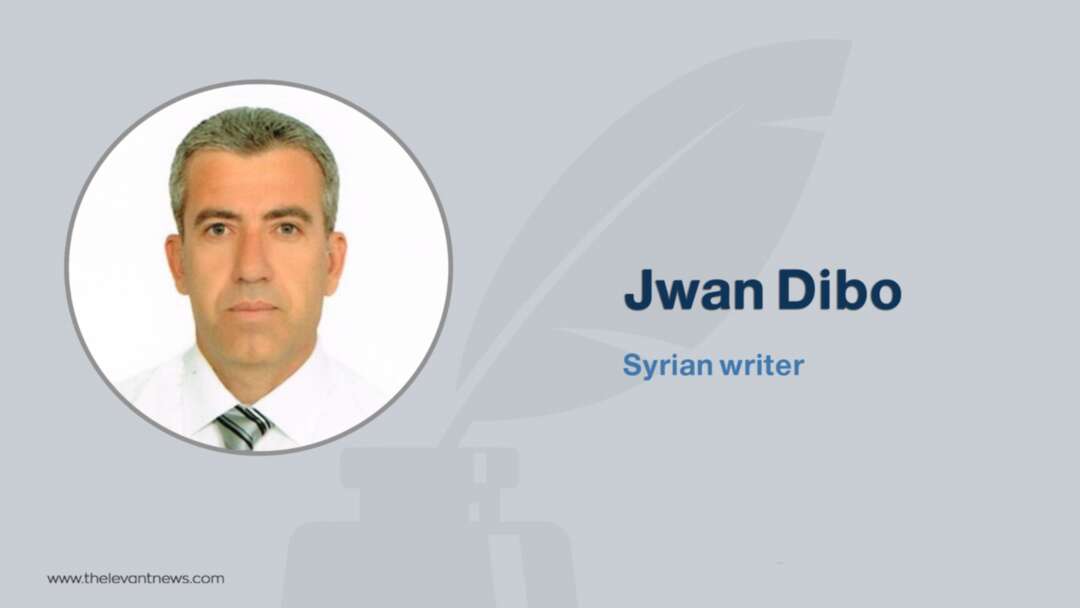-
What does Turkey Want from the Kurds?

Jwan Dibo
Turkey has threatened to launch a massive military operation against the US-backed 'the Syrian Democratic Forces', which are mainly made up of the Syrian Kurds despite its recent agreement with the United States regarding the “safe zone” in north and north-eastern Syria. This was announced repeatedly by the Turkish President Recep Tayyip Erdogan during his recent televised speeches and his shuttle tours in Turkey.
The Turkish President has stated “We will begin our operation to free the east of the Euphrates
What made the relationship between Turkey and Kurds more tense and complex during last years is the capability of the Democratic Union Party (PYD) in Syria, the PKK strong ally in the Syrian Kurdistan to play an important role in the Syrian dilemma since 2012. Turkish government has announced distinctly that Turkey will not allow the Kurds in Syria to have their own independent status, even within a new unified federal Syria. In this context, dozens of international reports indicated explicitly that Turkey has helped many extremist groups in Syria, including ISIL, in order to undermine the Kurdish self-administration in Rojava. In addition, Turkey has been applying a robust economic blockade against Kurdish regions in Syria. The recent Turkish communications with al-Assad regime under the Russian supervision were established based on the obsessions and rejection of both sides to an autonomous Kurdish region in Syria.
The rise of Kurdish influence in Syria since the eruption of the Syrian civil war in 2011 is a real concern for the Turkish state. Kurdish aspiration towards freedom and emancipation in Syria as well as everywhere is a red line for Turkey and a matter that impacts its national security according to Turkish interpretation and propaganda.
On this basis, Turkey strives to curb Kurdish attempts to accomplish their own goals in freedom almost everywhere in the Middle East. In this context, Turkey has been working hard on several fronts at the same time. Since 1984, Turkey has been waging a fierce war against the Kurdistan Workers' Party (PKK) led by Abdullah Ocalan, who is sentenced to life imprisonment in the Turkish island of Imrali since 1999. For more than 20 months, Turkish authorities have arrested many Kurdish parliamentarians and the heads of the Democratic People’s Party on charges of communicating with PKK, which is classified as a terrorist group by the Turkish government. Last month, Turkish government ousted three Kurdish mayors from their post on suspicion of links to PKK, although they were democratically elected.
Furthermore, in September 2017, Turkey mobilized dozens of military vehicles and tanks and hundreds of soldiers on the border of the Kurdistan region in Iraq during the Kurdish referendum for independence. Moreover, Turkey threatened to invade and occupy the Iraqi Kurdistan in case the Kurds declare the independence and even to undermine its federalism enjoyed since 2003, if necessary.
On 20th January 2018, Turkish forces, with the help of Syrian Islamist militants, launched an air and ground war aimed at occupying the predominantly Kurdish region of Afrin in northwest Syria and expelling the Kurdish People’s Protection Units which forms the bulk of Syrian Democratic Forces (SDF). On 18 March, Turkey and its allies succeeded to enter the city of Afrin, the move that caused the displacement of dozens of thousands of its Kurdish habitants.
Turkey has occupied the region of Afrin with the aim of severing the Kurdish areas in Syria from each other. In other words, separating the Western and Eastern areas of the Euphrates River from each other. Thus, the Syrian Kurds will not be able to reach the shores of the Mediterranean and declare the independent state according to Turkish allegations.
Nowadays, Turkey wants to repeat what it did in Afrin in the east of the Euphrates too. However, what prevents it from doing so is the U.S. military presence there. This military presence which was accompanied by unrivalled support for the Kurdish People’s Protection Units (YPG) which forms the backbone of the Syrian Democratic Forces (SDF). This support has strained U.S-Turkish relations throughout the Syrian crisis.
Turkey’s problem is not with PPK in Turkey or with the Democratic Union Party and the Kurdish People’s Protection Units in Syria or with Kurdistan Regional Government in Iraqi Kurdistan, but it is with Kurdish efforts and endeavours for freedom and rights irrespective of the formulations and forms. One sentence had been saying by the former Turkish Prime Minister Bulent Ecevit that summed up the Turkish policy on Kurdish attempts for freedom, rights, and independence over the course of a century “We will fight against the establishment of a Kurdish state, even if it appears in South Africa”. Knowing that the Syrian Kurds struggle for their own rights within the framework of a new federal Syria and do not intend to secede.
Tags
You May Also Like
Popular Posts
Caricature
Syrians' concerns now
- December 10, 2024
Syrians' concerns now #Syria
#Bashar_al-Assad
#Liberation_of_Syria
#Syrians
#Future_of_Syria
#Levant_News

opinion
Report
ads
Newsletter
Subscribe to our mailing list to get the new updates!



















